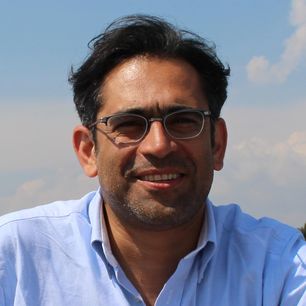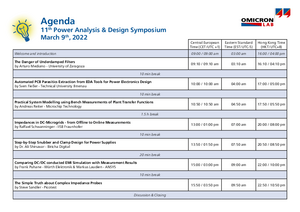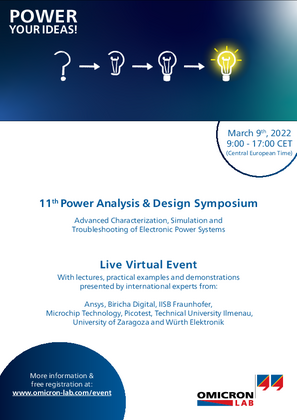11th Power Analysis & Design Symposium 2022 (VIRTUAL)
Experience a great day, packed with live lectures from experts focusing on power electronics design.
The 13th Power Analysis & Design Symposium took place as a live, virtual event on Wednesday, April 9th, 2022.
No matter if you had time to attend the symposium or not, for your convenience we made all presentations available - below you will find the presentation pdf & recording for each topic.

Seminar Topics
The Danger of Underdamped Filters
by Arturo Mediano - University of Zaragoza
When designing EMI filters an underdamped response must be avoided. This is many times a very typical problem related with stability in switching mode power supplies where a filter is located at the input. Another important problematic case of an underdamped response is the effect caused by transients that appear at the input of the filter. In such a case, the transient will be amplified at the output of the filter with a voltage gain related to the Q of the undamped response. Many times, the load will be destroyed or damaged even if some transient protector is present at the input of the filter (i.e., a varistor or a TVS). In this presentation we will explain how the ringing or underdamped response is created in common LC filters, how the response in time and frequency domains looks like, and how this underdamped response can impact transient signals at the input port. Of course, some typical solutions to damp the filter will be presented.
Download the presentation
Watch the recording

Comparing DC/DC conducted EMI Simulation with Measurement Results
by Frank Puhane (Würth Elektronik) & Markus Laudien (Ansys)
The CE mark is an important seal of quality for electronic components. To obtain this certification, the component must pass the EMC test. EMC testing includes various tests such as conducted and radiated emission and is often a very lengthy process that requires several iterations. Simulation and simulation tools are currently a very hot topic and are becoming more and more popular as the use of these tools becomes more intuitive. Apart from simulation tools that simulate electronic circuits, more complex tools that have integrated various solution mechanisms can simulate complex issues. Now the question arises whether these tools can be used to simulate the EMC behavior of a power supply in order to obtain an estimate in advance of how they will behave during EMC testing. The procedure, the analysis, the simulation and a comparison of the test results will be explained and shown in this lecture.
Download the presentation Part 1 - Würth
Download the presentation Part 2 - Ansys
Watch the recording
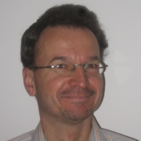
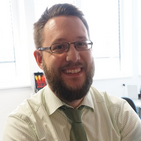
Automated PCB Parasitics Extraction from EDA Tools for Power Electronics Design Support
by Sven Fießer - Technical University Ilmenau
Designing a proper PCB layout is a crucial task in most electronic applications. Having low parasitic components on the PCB is especially of utmost importance in fast switching power electronics devices using GaN or SiC semiconductors. While using such high-performance semiconductors, the PCB designer’s goal is often to improve the overall power density by increasing the switching frequency and so the influences of parasitic components are getting more pronounced. In order to speed up the PCB design process an algorithm for the extraction of parasitic components of a PCB directly from the designer’s EDA tool is presented. The extracted parasitic components will be shown to the PCB designer and can be exported to a SPICE simulator.
Download the presentation
Watch the recording

Step-by-step Snubber and Clamp Design for Power Supplies
by Dr. Ali Shirsavar - Biricha Digital
In this session Dr. Ali Shirsavar will go through step-by-step design of RC snubbers and RCD clamps for power supplies. The circuit operation, practical considerations and all equations are presented as well as details of how to obtain all the unknown parameters in the equations. Two free to download spreadsheets are also presented which will do the calculations for you. These can be downloaded from www.biricha.com/snubber and www.biricha.com/rcd in advance or after the presentation. We highly recommend that you download these before the webinar so that you can go through the design examples along with Dr. Shirsavar during the webinar and design our own circuits. The session will conclude with a presentation of experimental results to verify the designs.
Download the presentation
Watch the recording
Practical System Modelling using Bench Measurements of Plant Transfer Functions
by Andreas Reiter - Microchip Technology
Establishing reliable and robust control loops of switch-mode power supplies essentially requires detailed knowledge of the frequency domain characteristics of the plant. While for smaller, non-isolated converter circuits simple, first approximations of pole and zero locations may be sufficient for a rough estimate of the stable operation area, allowing to safely power up the circuit for the first time, more sophisticated converter types, high voltage and high efficiency designs may be less error tolerant and therefore considerably more challenging to work with. These designs commonly require detailed modeling of the power stage to derive their characteristics across the intended operating range as well as to identify critical corner cases, which are vital for establishing robust design margins ensuring mass production with minimum failure rates. However, even the most detailed theoretical model eventually requires verification before it can be considered reliable and serve as the basis for the loop design. In this lecture we will walk through practical invasive and non-invasive measurement techniques and procedures used to measure the plant transfer function of digitally controlled power supplies, introduce the procedure, discuss expected accuracy implications while highlighting tricks to avoid and work around typical pitfalls.
Download the presentation
Watch the recording
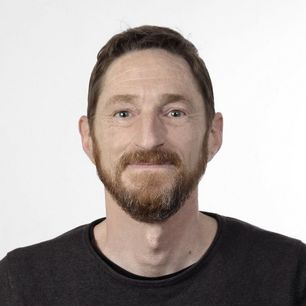
The Simple Truth about Complex Impedance Probes
by Steve Sandler - Picotest
Power Integrity continues to become ever more challenging. Designs are becoming higher power and lower voltage, resulting in the need to accurately measure impedance well below 1milliOhm. Many applications are employing many output PMIC’s or power modules, requiring stability to be assessed from impedance rather than from traditional Bode plots. If this wasn’t challenging enough, these higher density designs lack the physical space to add high fidelity test points. Probes offer an ideal solution, but not without bringing their own challenges and a depth of understanding where and how to probe. This presentation will include simulations and theory as well as real-life measurement examples and best-practice tips & tricks.
Download the presentation
Watch the recording
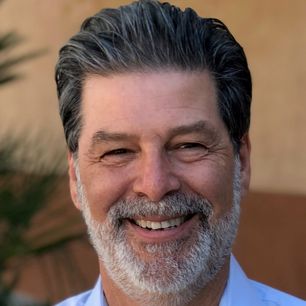
Impedances in DC-Microgrids - from Offline to Online Measurements
by Raffael Schwanninger - Friedrich–Alexander University
There are various use cases for impedance measurements in DC-microgrids. Impedance measurements can help to determine the stability of a system, give information about the state of energy storage systems, or detect faults within the microgrid. While these measurements are already often done for individual components offline, they can also be integrated into the DC-microgrid to offer online monitoring of the microgrid and its sub-systems. This talk will focus on where impedance measurements can be applied to DC-microgrid components and how those measurements can be integrated into the grid itself.
Download the presentation
Watch the recording

Get to know the Experts
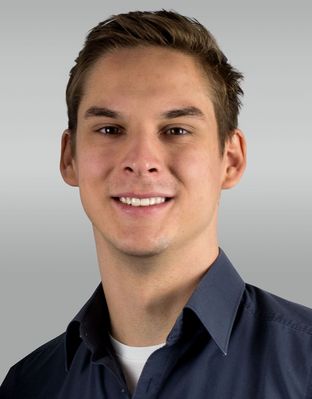
Sven Fießer received his Master’s degree in industrial engineering – electrical engineering at the Technical University Ilmenau in 2018 and is currently a doctoral candidate at the same university. His research focus lies on the development of HV-SMPS and the design optimization of SMPS’ for high power applications.
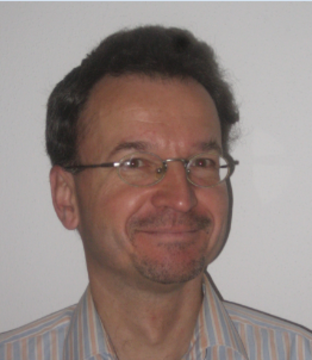
At the Technische Universitaet Muenchen Markus Laudien got both his diploma in electrical engineering ( focus electro-physics and high-frequency ) in 1991 and a diploma of engineering & business graduate in 1994. He worked part-time from 1991 to 1994 at Siemens R&D in Munich / Neuperlach in the measurement and large signal-characterization of GaAs power transistors at microwave frequencies. In 1995 he worked at Fastest GmbH in the development of measurement systems and power supplies for high power semiconductor lasers. From 1996 to 1999 he worked at IMS Connector Systems and was engaged in the design of various passive RF components for mobile communications and was team leader of the RF-group. In 2000 he joined Ansoft (acquired by Ansys in 2009) as an application engineer and is in charge of all high frequency products in the area of Electromagnetic, Circuit and System analysis and for sales support for the RF simulation products. Since 2019 he has the position as a Principal Application Engineer and Senior Manager. Expertise in RF and microwave areas like simulation of antennas, mmWave radar , signal integrity, EMC, RFID , medical applications, sensors and more.

Arturo Mediano is the founder of The HF-Magic Lab®, a specialized laboratory for design, diagnostic, troubleshooting, and training in the EMI/EMC, Signal Integrity, and RF fields at I3A (University of Zaragoza).
He received his M.Sc. (1990) and his Ph. D. (1997) in Electrical Engineering from the University of Zaragoza (Spain), where he has held a teaching professorship in EMI/EMC/RF/SI since 1992.
For more than 30 years Arturo has been involved in R&D projects with many companies in the EMI/EMC, Signal Integrity and RF fields for communications, industry, medical, and scientific applications. He regularly shares his knowledge and expertise with students and engineers in teaching courses and seminars.
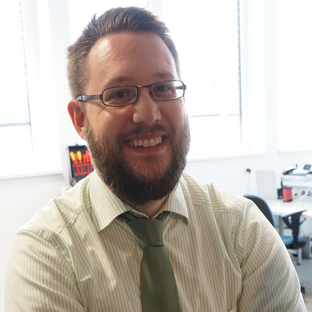
After studying electrical engineering with specialization in communications technology in cooperation with a semiconductor company, Frank Puhane worked for three years as a development engineer for customer-specific controls for a medium-sized company. He joined Würth Elektronik eiSos as a Field Application Engineer and worked in this area for more than three years. Afterwards he changed internal to the Capacitors & Resistors Division. Actual he is the Leader of the Technical Engineering and is available for our customers as a technical contact for all questions concerning the world of capacitors and resistors at Würth Elektronik eiSos.
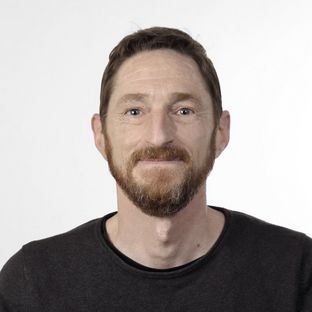
Andreas Reiter studied Micro and Nanotechnology and graduated with a Physics degree from the Munich University of Applied Sciences. His professional career brought him from nano mechanics to solid-state physics, thermo dynamics and finally to power conversion. Since 2005, Andreas is focusing on intelligent power conversion applications. Since more than 11 years, he is working with Microchip where is is leading the power conversion applications group, acting as a bridge between semiconductor development and end-customers applications.
His specialties are digital power supplies, switching power supplies and embedded control design and programming.
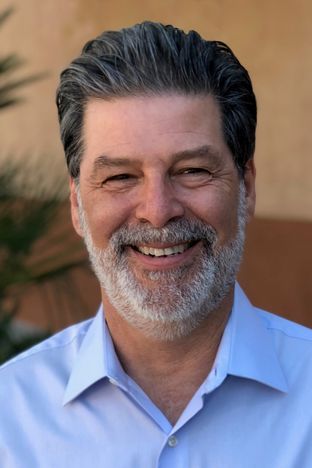
Steve Sandler has been involved with power system engineering for nearly 40 years. Steve is the founder of Picotest.com, a company specializing in instruments and accessories for high performance power system and distributed system testing. He frequently lectures and leads workshops internationally on the topics of Power Integrity, PDN, and Distributed Systems and is a Keysight Certified EDA expert. Steve publishes articles and books related to power supply and PDN performance. His latest book, “Power Integrity: Measuring, Optimizing and Troubleshooting Power-Related Parameters in Electronics Systems” was published by McGraw-Hill in 2014. He is the recipient of the ACE 2015 Jim Williams Contributor of the Year ACE Award for his outstanding and continuing contributions to the engineering industry and knowledge sharing. Steve is also the founder of AEi Systems, a well-established leader in worst case circuit analysis, modeling, and troubleshooting of satellite and other high reliability systems.
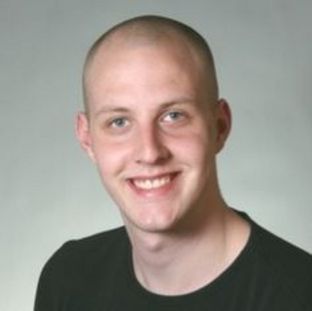
Raffael Schwanninger is a doctoral researcher at the institute for power electronics LEE at Friedrich-Alexander-University, where he studied electrical engineering with a focus on power electronics. His research mainly focuses on stability and impedance measurements in DC-micro-grids. He works closely with the “DC Grids” group at the Fraunhofer Institute for Integrated Systems and Device Technology IISB, with which he has written multiple patents in the field of power electronics.Raffael Schwanninger has graduated with a Master of Science degree in electrical engineering. He is currently working as scientific staff at the Power Electronics department of the Friedrich-Alexander University Erlangen-Nuremberg in collaboration with the Fraunhofer Institute for Integrated Systems and Device Technology IISB.
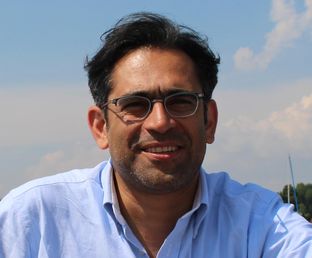
Dr. Ali Shirsavar founded Biricha Digital Power over a decade ago. Prior to that he was a senior academic a leading UK university specialising in Power ELectronics. He is well known throughout our industry for his excellent training workshops on power supply design and EMC.
Agenda
| Time | ||||
| Topic | Speakers | Central European Time (CET/UTC +1) | Eastern Standard Time (EST/UTC-5) | Hong Kong Time (HKT/UTC+8) |
| Welcome & Introduction | OMICRON Lab | 09:00 / 09:00 am | 03:00 am | 16:00 / 04:00 pm |
| The Danger of Underdamped Filters | Arturo Mediano - University of Zaragoza | 09:10 / 09:10 am | 03:10 am | 16:10 / 04:10 pm |
| Automated PCB Parasitics Extraction from EDA Tools for Power Electronics Design | Sven Fießer - Technical University Ilmenau | 10:00 / 10:00 am | 04:00 am | 17:00 / 05:00 pm |
| Practical System Modelling using Bench Measurements of Plant Transfer Functions | Andreas Reiter - Microchip Technology | 10:50 / 10:50 am | 04:50 am | 17:50 / 05:50 pm |
| Impedances in DC-Microgrids - from Offline to Online Measurements | Raffael Schwanninger - IISB Fraunhofer | 13:00 / 01:00 pm | 07:00 am | 20:00 / 08:00 pm |
| Step-by-Step Snubber and Clamp Design for Power Supplies | Dr. Ali Shirsavar - Biricha Digital | 13:50 / 01:50 pm | 07:50 am | 20:50 / 08:50 pm |
| Comparing DC/DC conducted EMI Simulation with Measurement Results | Frank Puhane - Würth Elektronik | 15:00 / 03:00 pm | 09:00 am | 22:00 / 10:00 pm |
| The Simple Truth about Complex Impedance Probes | Steve Sandler - Picotest | 15:50 / 03:50 pm | 09:50 am | 22:50 / 10:50 pm |
